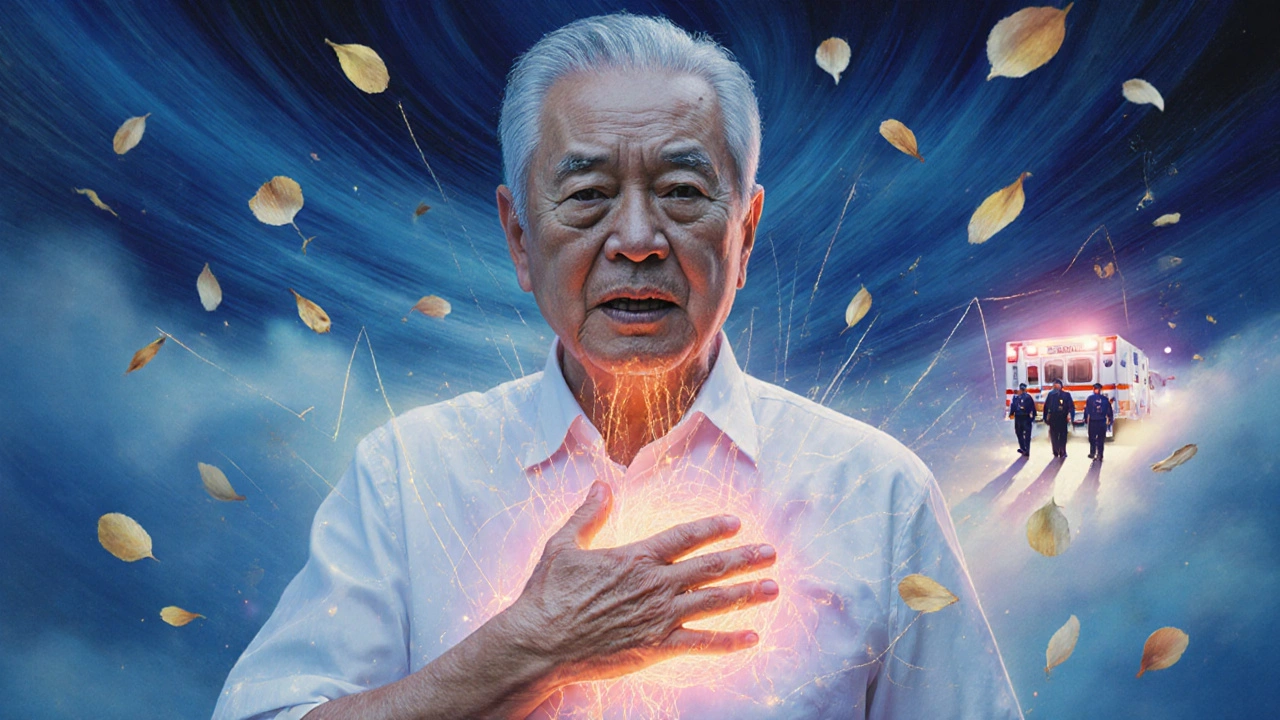Heart Attack: Causes, Warning Signs, and What to Do Next
When your heart doesn’t get enough blood, it’s a heart attack, a medical emergency caused by a blockage in one or more coronary arteries. Also known as a myocardial infarction, it doesn’t always mean your heart stops—but it does mean you need help right away. This isn’t just about chest pain. Many people, especially women, feel jaw pain, nausea, or extreme fatigue instead. And sometimes, there’s no pain at all.
A heart attack is usually caused by coronary artery disease, a buildup of plaque in the arteries that supply blood to the heart. Over time, that plaque hardens and narrows the arteries. When it cracks, a blood clot forms and blocks the flow. High blood pressure, smoking, diabetes, and high cholesterol all speed this up. But even people who look healthy can have one—especially if they’re inactive, stressed, or have a family history.
It’s not just the heart that’s at risk. A heart attack can lead to cardiac arrest, when the heart suddenly stops beating, which is fatal within minutes without CPR. That’s why knowing the signs matters more than ever. Chest pressure that lasts more than a few minutes, shortness of breath without exertion, cold sweat, dizziness—these aren’t just "bad days." They’re red flags. And if you’re unsure, call emergency services. Waiting to see if it gets better can cost your life.
Some of the posts here connect heart attacks to other conditions you might not expect. For example, heart attack risk goes up with blood clots in the lungs, like in pulmonary embolism. People with lupus or those on certain medications may also face higher risks. Even something as simple as how you store your pills at home can matter—if you miss a blood thinner or mix up doses, you’re putting yourself in danger.
What you’ll find below aren’t just medical facts. These are real stories, practical guides, and clear explanations from people who’ve been there. You’ll learn how to spot hidden symptoms, what drugs can help or hurt, how to reduce your risk after a first event, and why some people survive while others don’t. No fluff. No jargon. Just what you need to know—to protect yourself, or someone you love.


